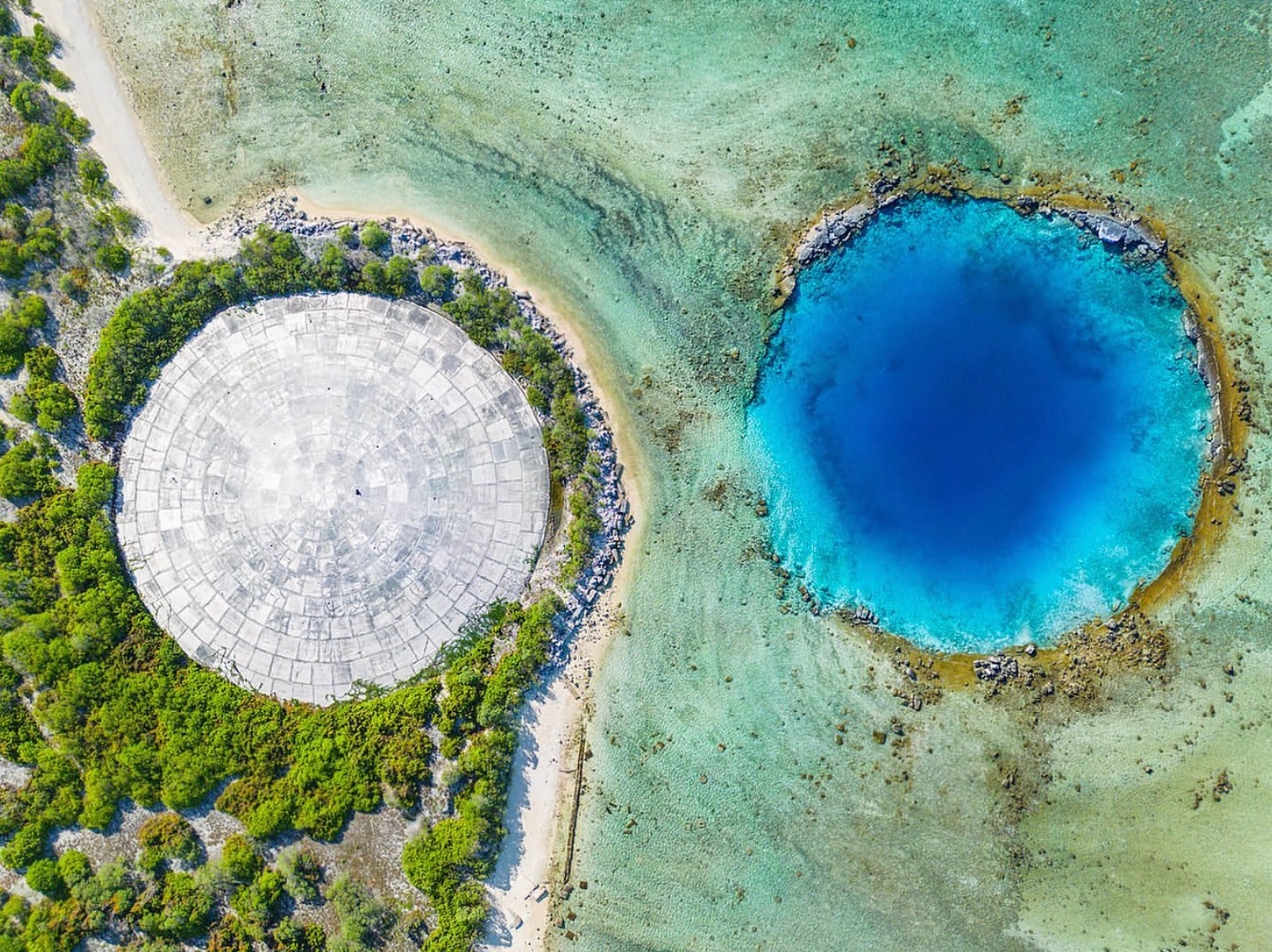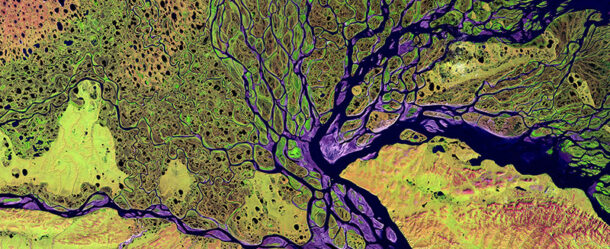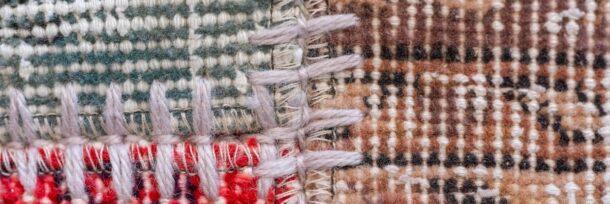We are calling on the Papua New Guinea government to not sign the defense agreement with the U.S., to not allow AUKUS in their territory, and to not allow them access to critical infrastructure for military purposes.
Responding to geopolitical interests in the region, the U.S. has stepped up its diplomatic presencewith an aim for military expansion. Evidence from the U.S. military’s own legacy in the region demonstrates that strengthening “people-to-people ties” in the region comes with no intention to be accountable to past and ongoing harm caused.

Explosive Remnants of War, Unexploded Ordnances (UXOs)
The U.S. has focused on removing only certain types of weapons from other regions for over 70 years, neglecting the unexploded ordinances they knew full well were scattered throughout the Pacific from WWII. While regional efforts to draw attention to the need for surveying and clearance have picked up in the last decade with the leadership of the Pacific Islands Forum, support from the U.S. and Japan remains minuscule compared to the scale of harm.
In the Solomon Islands, the police Explosive Ordnance Disposal team has destroyed more than 46,000 bombs since 2011, coming primarily from the area surrounding the capital city, Honiara. Recent deaths and injuries by bombs and shells erupting have raised serious concerns about the lack of redress for health impacts and loss of life caused by U.S. neglect. Contamination persists in the Solomon Islands, Papua New Guinea, Federated States of Micronesia, Nauru, the Marshall Islands, Tuvalu, Vanuatu, Palau, and Kiribati.
The meager financial support from the U.S. for conventional weapons destruction in the region to date is wholly inadequate and fails to address the need for direct redress to survivors and families of those who have been injured or killed by exploded remnants of war.
Nuclear Weapons Testing
After World War II, the U.S. made the Marshall Islands the testing ground for some of the most powerful nuclear weapons in the world. This testing, which took place from 1946 to 1958, included the detonation of 23 atomic and hydrogen bombs at Bikini Atoll and 43 atomic and hydrogen bombs at Enewetak Atoll, with fallout spreading throughout the region.
In addition to vaporizing at least six islands and displacing hundreds of residents, the U.S. government ran highly unethical human radiation experiments, withheld information that would force the U.S. to remedy some of the destruction caused, and paid out only a fraction of the claims awarded by the established Nuclear Claims Tribunal.
There is lasting damage from the nuclear testing program to the environment as well. Despite the position of the U.S. government that the islands in which testing occurred may now be safely inhabited, a 2019 study by Columbia University found otherwise. One part of the study found several soil samples to have higher concentrations of gamma radiation than the Chernobyl Exclusion Zone, the result of a nuclear disaster that happened in 1986. These findings come after over 60 years of radioactive decay and potential natural disruption following the testing program.
Ongoing Harm of U.S. Militarism in the Region
In 1977, the U.S. Army built a temporary structure on Runit Island in the Marshall Islands, called the Runit Dome, to contain nuclear waste from testing in the Enewetak and Bikini atolls. It currently holds over 3.1 million cubic feet of radioactive waste, including 130 tons of radiated soils from Nevada which was transported to the country. During the construction, many of the 4,000 U.S. military service members who worked to build the dome were not aware that they were working with radioactive materials. The Runit Dome is a current environmental threat to local communities and the region as a whole, particularly as sea levels rise, that the U.S. continues to actively ignore.
This is not just a history of harm. The harmful effects of U.S. militarism on local communities are ongoing. At the Kwajalein U.S. Military base in the Marshall Islands, U.S. Army studies have found alarming rates of polychlorinated biphenyls (PCBs) in the lagoon from leakages on the base. PCBs are linked to liver disease, adult-onset jaundice, low birth weight, thyroid disease, compromised immunity, and mental health-related issues.
Advocates Standing on the Shoulders of Giants
In standing alongside Pacific advocates calling for a peaceful Pacific, we look to the legacy of leadership by advocates like the 22 Palauan women who fought to deny the U.S. military access to Palau’s land, water, and airspace. Against U.S. political pressure and pressure from the U.S.-backed Palau government, their advocacy managed to hold off the agreement to allow the U.S. military access for eight years. Their organization, Otil A Beluad, was nominated for a Nobel Peace Prize in 1988.
The interconnected nature of the climate crisis and imperialism warrants international solidarity to stop U.S. military expansion in the region. Pacific human rights defenders are also demanding accountability for the ongoing harm already perpetuated by the U.S. military in the region via a regional compensation mechanism housed in the Pacific Islands Forum.
Advocates make the following demands of Pacific Islands Forum leaders and the U.S:
- The Pacific Islands Forum should form an Expert Group to assess the extent of damage caused by the nuclear weapons testing program and UXOs in the region focused on the scope of potential compensation.
- Pacific Island leaders should form an agreement with the US to establish a Compensation Fund to be co-managed by representatives of the Pacific Islands Forum and the U.S. This secretariat will review applications for compensation and manage the budget.
We stand alongside our Pacific partners.


